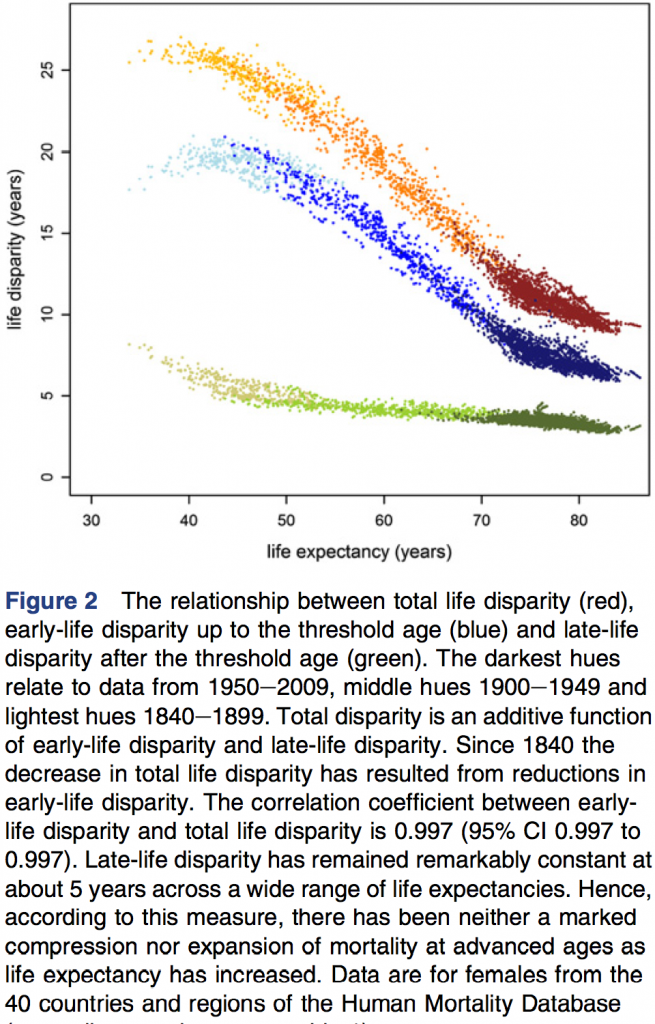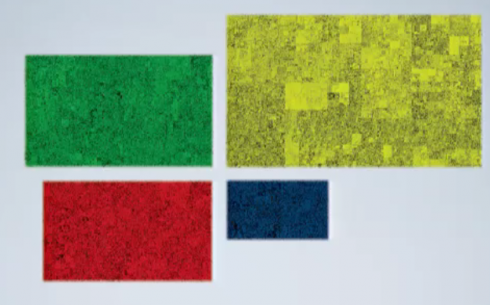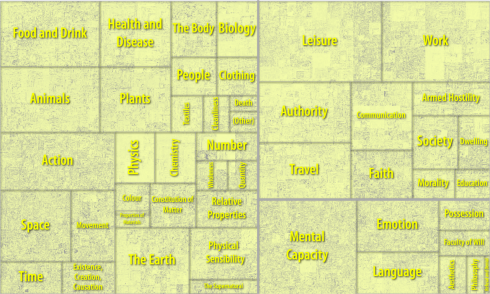Explained here: https://enthusiasm.cozy.org/archives/2003/01/rightleft-wing
“business” logic can kill its own host, like any parasite
A nice posting where in the author takes issue with that thought stopping phrase: everything should be “run like a business.”
Fun Expedition: old scientific instrument auction
An auction house near Boston is selling a huge collection of Scientific instruments later this month. The exhibit starts on the Saturday April 20th and the auction then runs for four long days Thrusday thru Sunday. Looks like fun!
Back
I think the blog is back now. Six months ago it got hacked, in a very minor way; but I was very busy at the time. When my repair attempts stumbled it went onto the back burner. Something weird about mysql character set encodings, or word press evolution’s in that area. In short when I exported the database and then initialized a new one with the exported data things got wonky. Most noticably
One way to address the very busy problem is to lose your job (yes I’ve checked under the bed – thank God it’s not there!).
So lots of chores are getting my attention.
Of course I had to waste a few days trying to puzzle out what actually happen. That devolved into archeology. This blog is more than a decade old. It had a lot of curious character set anomalies, not just the recent damage. Some of which, at least, appears to be the result of copy paste from other blogs.
I wrote some code to visit all the text in the database and heuristically repair the character encodings. FYI clsql and asdf don’t play together very well. I didn’t really want to learn about how many different kinds of quotation marks there are, or that occasionally people use the double-prime character (U+2033) as a quotation mark; etc. etc. And did you know there is both a character for degree (U+00B0), as in temperature, and one for marking a numeral as a Feminine_Ordinal_Indicator (U+00AA). Ah, diversity!
The blog’s still not quite right. There are some broken links, some missing images, and I’m not happy with the color scheme or the layout yet, etc. etc. But yeah; it’s somewhat presentable.
Selfish
Your stupid. At least according to U. Chicago Economist Steve Levitt.
DUBNER: So Levitt, how can you in your life, when you wander around, tell the difference between a smart person and a not-so-smart person?
LEVITT: Well, one good indicator of a person who’s not so smart is if they vote in a presidential election because they think their vote might actually decide which candidate wins. . . . there has never been and there never will be a vote cast in a presidential election that could possibly be decisive.
Presumably he believes that utterance increases his reproductive fitness. I guess some mates find it sexy when a man signals his brilliant intent to defect from the social norms and undermine the commonwealth. Though I suspect it’s just a maladaptation – the alpha male behaviors repurposed for dominance in graduate seminars. Possibly membership in his tribe requires that he sing from this particular hymnal. The Omeratà always requires that one not cooperate with the authorities; prisoner’s dilemma and all.
The little dose of voter suppression just adds spice to this foolishness.
Just to be clear there is a powerful rational economic reason for voting. No doubt we all believe that our fellow citizens, our society, will be better off if our guys win. What’s that worth to me (not to them, but to me)? Let’s put a tiny value on that. Say a dime for every US citizen and a penny for every world citizen. That’s about 73 million dollars. So even if I set aside my strong believe that it is a sacred duty to engage in the democratic process the act voting is, effectively my purchasing a lottery ticket who’s prize is a 72 million dollar gift to charity.
I’m not surprised that Paul Ryan is selfish twit as well. I’ve long suspected that some politicians run for office entirely as a business raise money, pocket money. Which would seem to be the only rational explanation for why Ryan is spending time raising money in states that don’t matter. He is not trying to win, he’s building a nest egg.
It must be hard running a political party where the core value is that individuals should be maximally selfish. Though I guess if what your selling is regulatory capture of the banking and resource extraction industries and the abandonment of the weak in exchange for lower taxes then it is pretty good branding.
Chart Porn
Models depend on their inputs…
Hire somebody to keep you focused
This is another post for the pico-economics bucket, i.e. the schemes we use to control our impulsive nature and the difficulties that arise from them.
This story has been getting a lot of media play. Under the “guy hires girl to slap him if he goes to Facebook“, but the actualy thing he hired her for is more interesting – at least to me. So I recommend the entire posting.
Coder’s Asceticism
In poetry class I learned that performing inside a straight jacket can, surprisingly, work out pretty well. Drawing with a peculiar pen, working in an unusual medium, or venue … all these can work out surprisingly well. You can go too far though. Knowing that an abundance of choice does not make us happy is not an argument for eliminating all choice.
“Moderation in all things” is how Patrick Stein sums up a post on trying on a few programming straight jackets. No function over five lines. No package (we are talking Common Lisp here) spread over multiple files. Unusual coding conventions for your package namespaces. He is having fun.
Seems to me that a rule on the maximum size of a function is silly. Surely the question is what is the right distribution of function sizes – i doubt it’s normally distributed. I’d think a good rule might be that a function’s size should signal something about it’s complexity. Isn’t function complexity mostly independent of program modularity? I.e., modularity alone can cause functions to fragment. It is a common fetish: “small is beautiful.” And, that helps to explain why I’ve never heard people advocating against small functions. I’ve often encountered code that seems scattered into a thousand tiny pieces, it becomes incomprehensible. That is certainly the wrong thing to do, except when it isn’t.
The Changing Fabric of English
A big thick thesaurus used to be one of my most beloved possessions. I kept one on my desk at work and a 2nd copy near my chair at home. I used it daily; not as a writing aid but as means to expand my thinking on a topic. So clearly I’m the perfect audience member of this lovely talk about mapping the content of a thesaurus over time.
That shows four snapshots over time of the English language. The older rectangles are smaller – so old to new is blue, red, green, and the most modern is yellow. Individual words are points in the rectangles. The rectangles are treemaps based on the outline of the thesaurus. In the yellow/modern rectangle sharp boundaries appear in the coloration between branches in that outline. Notice how homogenous language used to be. I think that reveals when the categories were designed; you see something similar with the dewey decimal system.
The shading denotes how old words are; the black bits are old words. The lighter bits show were the language has expanded, the fabric has stretched.
At the end of the talk he tosses out provocative hints of other things you could do with the data. Thomas Jefferson hung out on this landscape talking about football. Metaphors cut highways across this territory. Moral courage is on the decline.
The author is Mark Alexander and his tumbler account has more pretty pictures and charts. I’ve often wished that libraries had a tree map of their collection near the front door.







